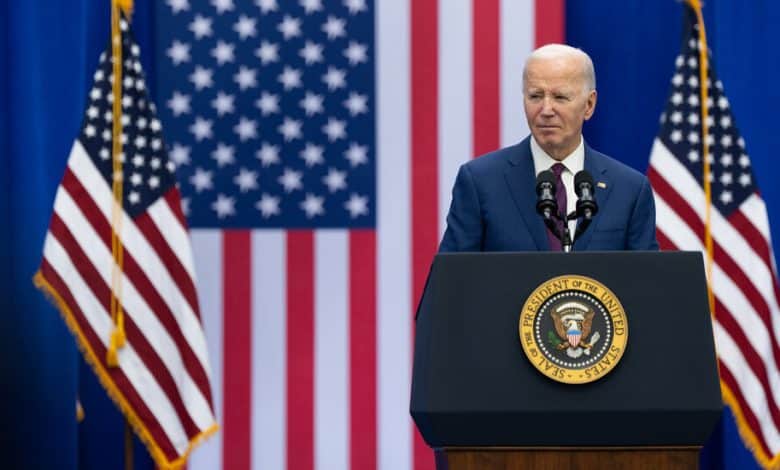Biden’s Budget Underscores Divide With Republicans and Trump

President Biden proposed a $7.3 trillion budget on Monday packed with tax increases on corporations and high earners, new spending on social programs and a wide range of efforts to combat high consumer costs like housing and college tuition.
The proposal includes only relatively small changes from the budget plan Mr. Biden submitted last year, which went nowhere in Congress, though it reiterates his call for lawmakers to spend about $100 billion to strengthen border security and deliver aid to Israel and Ukraine.
Most of the new spending and tax increases included in the fiscal year 2025 budget again stand almost no chance of becoming law this year, given that Republicans control the House and roundly oppose Mr. Biden’s economic agenda. Last week, House Republicans passed a budget proposal outlining their priorities, which are far afield from what Democrats have called for.
Instead, the document will serve as a draft of Mr. Biden’s policy platform as he seeks re-election in November, along with a series of contrasts intended to draw a distinction with his presumptive Republican opponent, former President Donald J. Trump.
Mr. Biden has sought to reclaim strength on economic issues with voters who have given him low marks amid elevated inflation. This budget aims to portray him as a champion of increased government aid for workers, parents, manufacturers, retirees and students, as well as the fight against climate change.
Speaking in New Hampshire on Monday, Mr. Biden heralded the budget as a way to raise revenue to pay for his priorities by raising taxes on the wealthiest Americans and big corporations.
